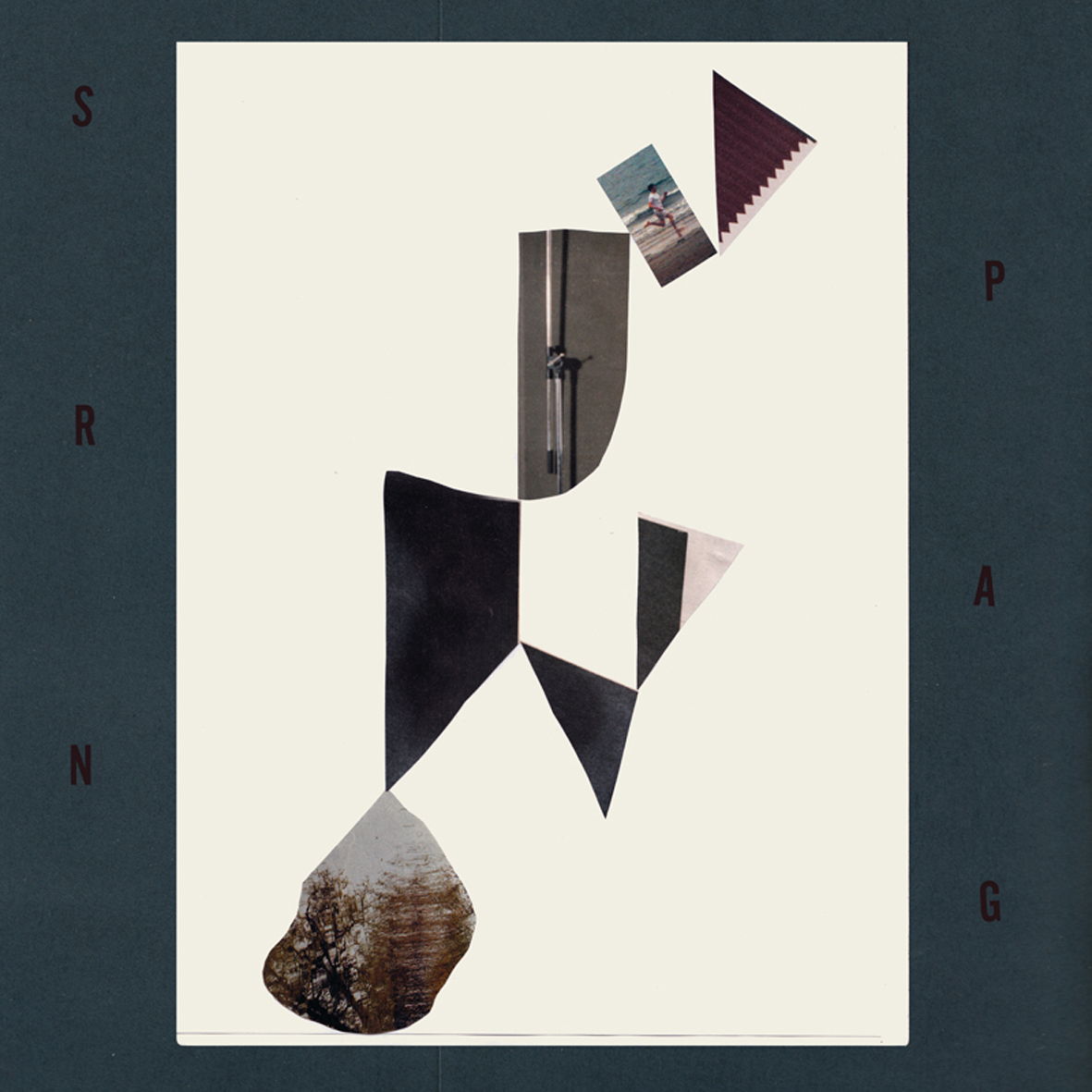 This is Thielemans' first full-length for Miasmah as a solo artist, but he has previously turned up on the label as a guest on Kreng's debut album, which provides a fairly accurate window into the milieu from which he is coming: the darker, weirder fringes of Belgium's theater/improv/art scene. Unlike his fellow shadowy avant-garde eccentrics, however, Eric is primarily a drummer and Sprang is composed almost entirely of unusual percussion experiments. Needless to say, that is some rather niche territory to occupy in an already very niche scene, but this is quite a remarkably fascinating album for a one-man tour de force of skittering, plinking percussion.
This is Thielemans' first full-length for Miasmah as a solo artist, but he has previously turned up on the label as a guest on Kreng's debut album, which provides a fairly accurate window into the milieu from which he is coming: the darker, weirder fringes of Belgium's theater/improv/art scene. Unlike his fellow shadowy avant-garde eccentrics, however, Eric is primarily a drummer and Sprang is composed almost entirely of unusual percussion experiments. Needless to say, that is some rather niche territory to occupy in an already very niche scene, but this is quite a remarkably fascinating album for a one-man tour de force of skittering, plinking percussion.
Despite Eric's long history as a drummer (a jazz drummer even), it is quite difficult to find much on Sprang that sounds like it came from an actual drum kit.A few pieces, such as onomatopoetically titled "Sprrrrrrr," admittedly feature some subtle mallet- or brush-driven drum rhythms, but such touches are rarely (if ever) the focus.Rather, the bulk of Sprang sounds like the work of a whimsically deranged inventor who has created an arsenal of clattering, plinking, plonking, and rattling wind-up mechanical devices, which is certainly a hell of a lot cooler than a 40-minute drum solo would have been.The overall feel is definitely an understated, small-scale, fragile, and cinematic one, like something that might be playing during a Quay Brothers film.That rickety, dreamlike illusion is further enhanced by a number of small touches throughout the album, particularly on "Garden," which features a bittersweet whistled melody and a stumbling, disjointed glockenspiel motif.
While almost the entire album maintains a deliciously forlorn "wounded toy" aesthetic, the individual pieces cover an impressive amount of stylistic ground.  "Tptptptp," for example, sounds like a crazily virtuosic drum solo performed entirely with spoons and things lying around a kitchen, while "Kkkkrrrrr" sounds like someone playing an empty oil drum with a violin bow inside the violently creaking hull of a sinking ship.  And then there is "River," which resembles nothing less than a room full of malfunctioning, out-of-control antique clocks.
Conversely, the lengthiest (and perhaps best) piece on Sprang almost sounds conventionally musical, as "Post Soldiers' Hymn" combines an oddly lurching, stumbling beat with a humming, quavering drone.  In fact, there are even chord changes at one point, though Thielemans mostly uses his glockenspiel to create a hanging, oscillating haze of overtones.  Despite being the most "straight" piece on the album, it perversely manages to highlight just how ingenious Eric is, as even his concessions to things like beats and melodies manage to sound quite broken and unique.  I suppose drifting within shouting distance of normalcy probably provided me with the necessary context for appreciating the full aberrance and otherworldliness of Thielemans’ vision, which I ultimately appreciated immensely.  I guess that makes Sprang a minor masterpiece of sorts and an inspiring one at that, as it feels like a secret and surreal handmade thing that seems totally detached from the time and place that birthed it.
Samples:
 
Read More

